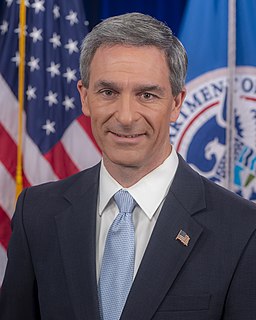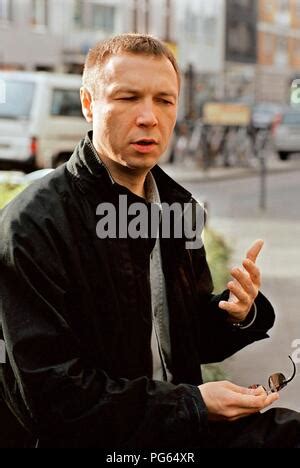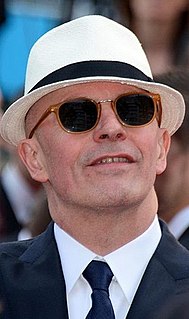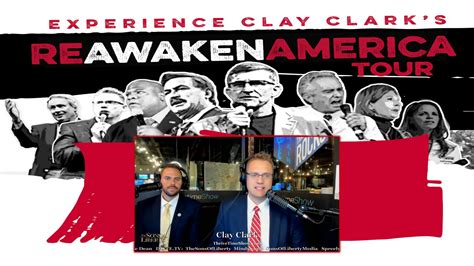A Quote by Anubhav Sinha
At 17, I went to an engineering college, the entire reading was about fluid mechanics and steam engines and what not, so I drifted from arts, literature and even cinema, because in Aligarh there were a limited number of theatres.
Related Quotes
The main reason I decided to study Latin American literature was because I'd gotten somewhat bored by the American fiction I was reading. I am not drawn to a specific style or aesthetic. When I think about literature, I think about it in the three languages I read easily - English, Spanish, and Portuguese. The authors I prefer are all very different and are not limited to certain genres or even certain time periods. Reading across three languages is a way for me to diversify my intake as a reader, not to tunnel into certain categories or demographics.
I was always told that I was good in mathematics, and I guess my grades and standardized test scores supported that. My worst subjects were those that generally involved a lot of reading - English and history. So, having good test scores in math and mediocre ones in reading, I was naturally advised to major in engineering in college.
There's a scientific hypothesis that every person's name is a primary suggestive command that contains the entire script of their life in highly concentrated form. . . . According to this point of view, there is only a limited number of names, because society only needs a limited number of human types. Just a few models of worker and warrior ants, if I could put it like that. And everybody's psyche is preprogrammed at a basic level by the associative semantic fields that their first name and surname activate.
Because most startups are lean and scrappy organizations consisting of a limited number of people and supported by an even smaller number of resources, startups cannot afford to have any slackers on board. When you fail, you cause an 'epic failure,' and when you win, everyone in the company knows about it.
Because most of the girls were still in mourning and all of them had lost their textbooks, even pencils and pens, Shaukat Ali began the first classes by reading to them from poetry and religious texts. "Reading, literature, and spirituality are good for the soul," he told them. "So we will start with these studies.






































